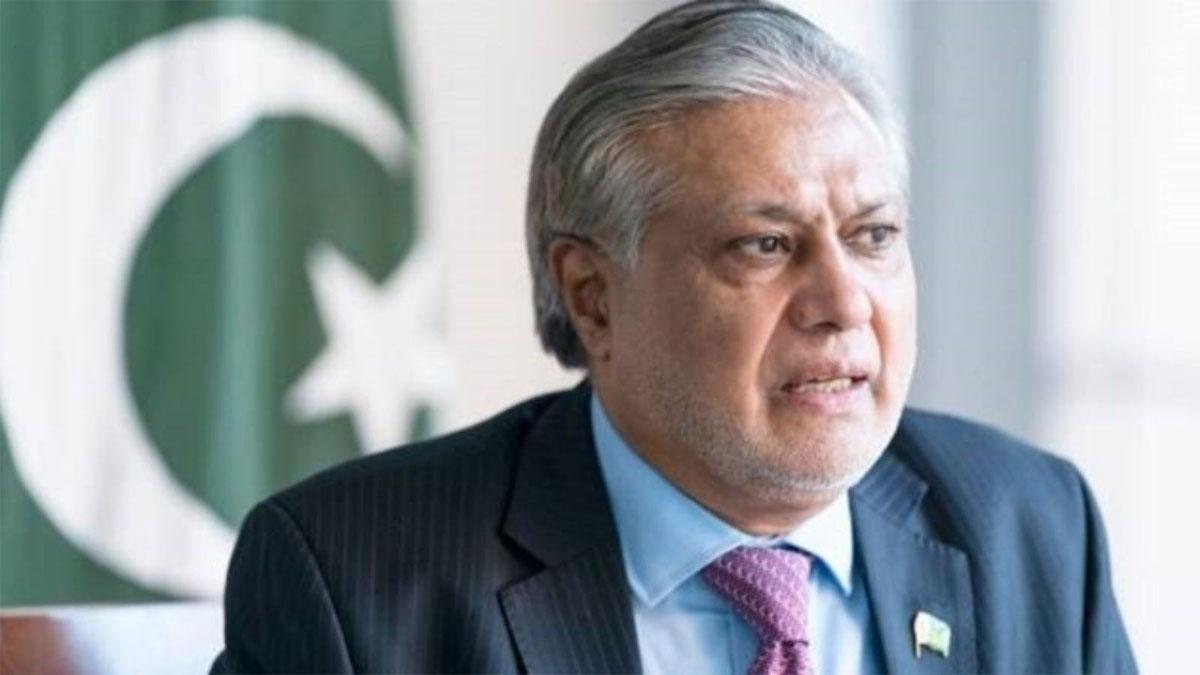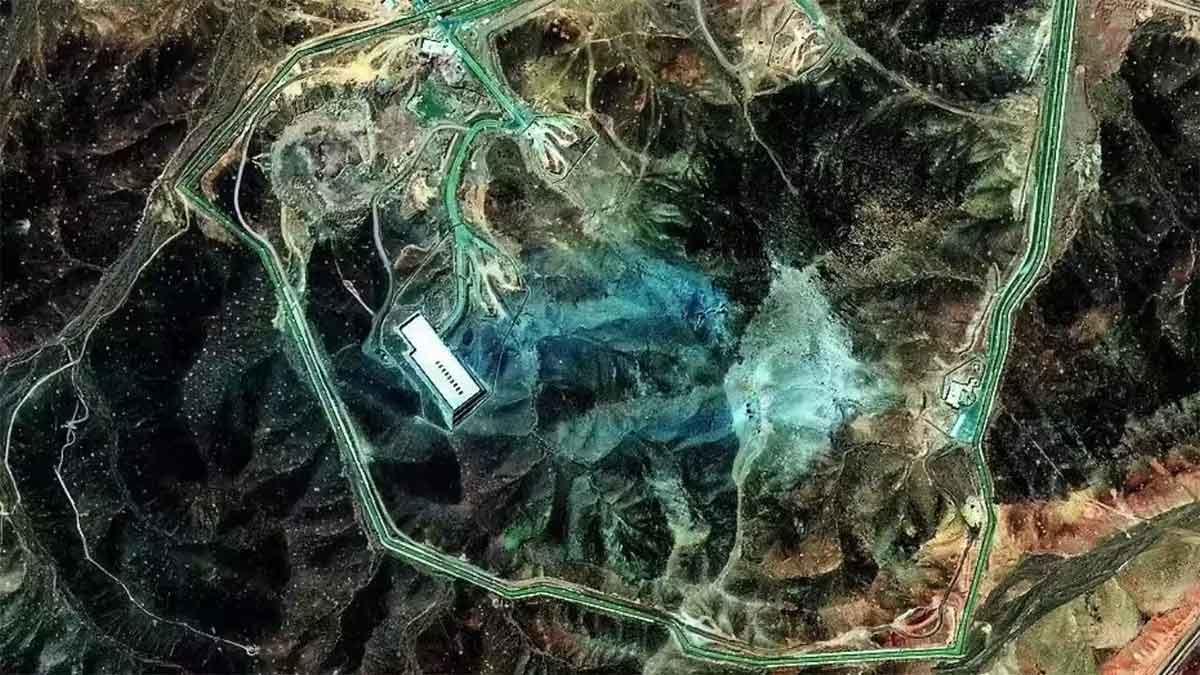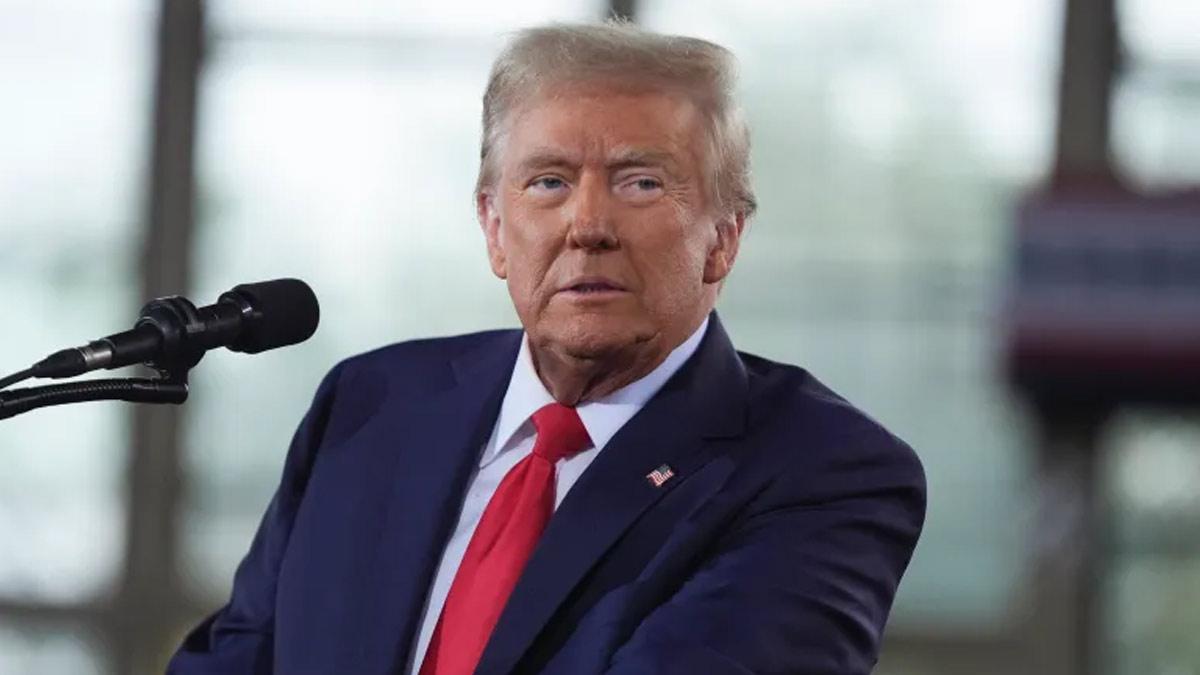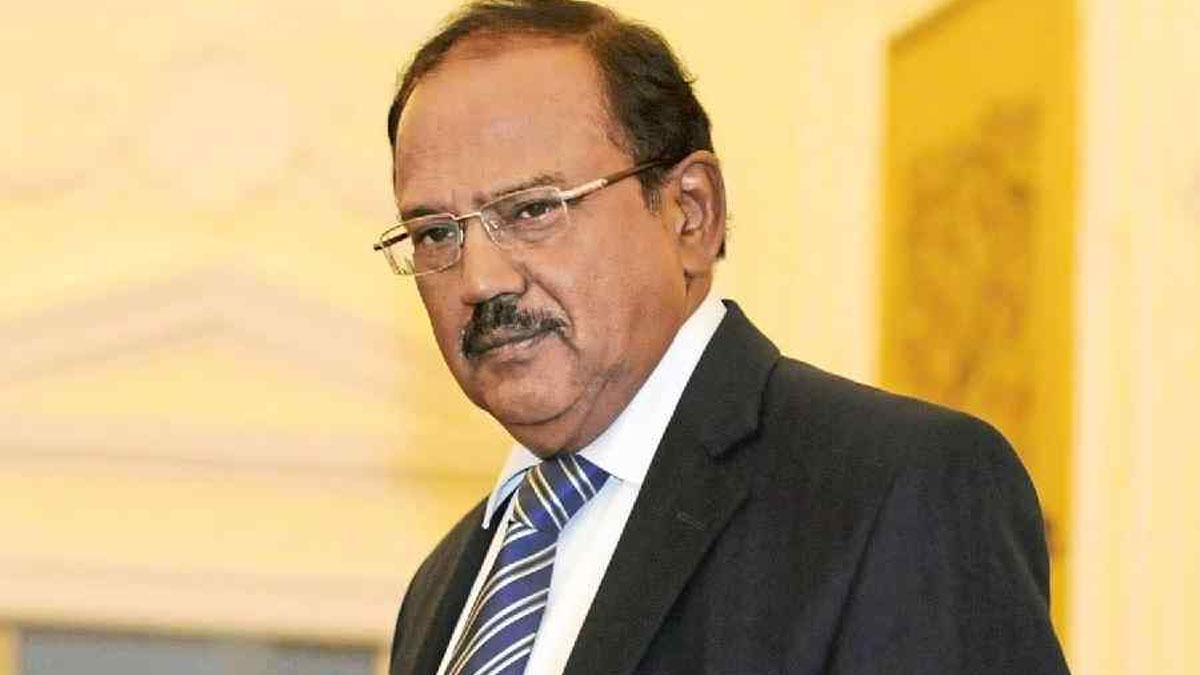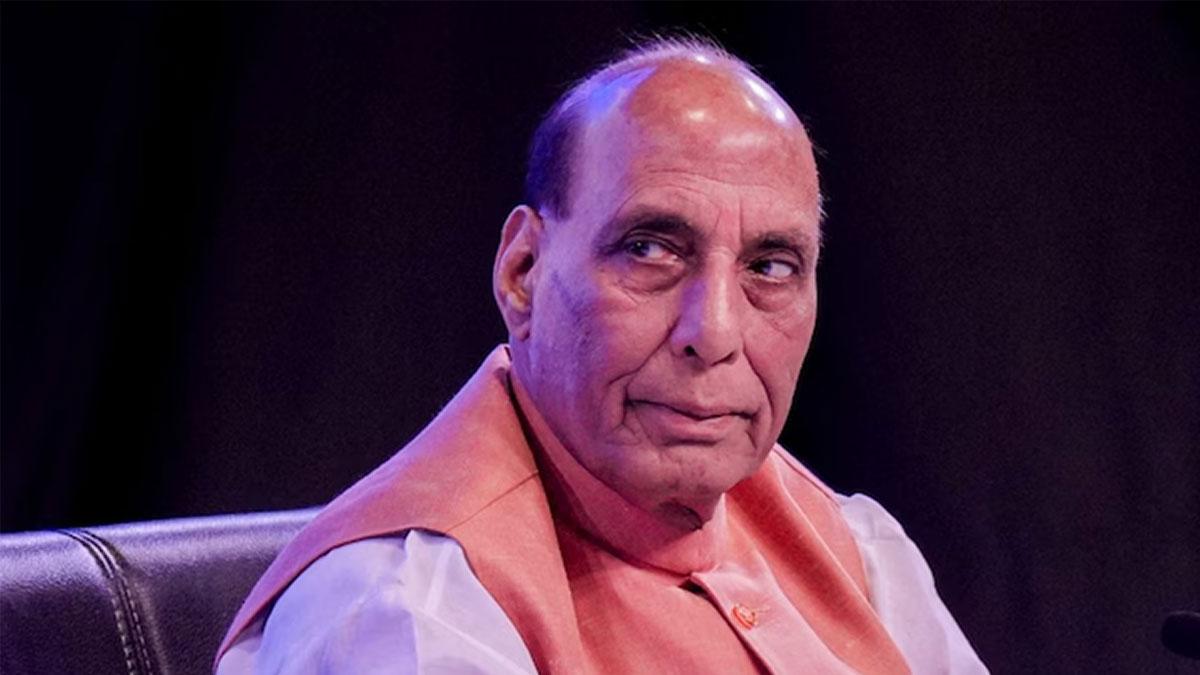According to reports on Monday, Pakistan's President, Dr. Arif Alvi, has declined a proposal to convene the first session of the newly elected National Assembly on February 29. The rejection came in response to a summary from the caretaker parliamentary affairs ministry, with the president insisting on the allocation of all reserved seats before the session's summoning, as per sources quoted by Geo News.
President Alvi, affiliated with the Pakistan Tehreek-e-Insaf (PTI) party, previously held a senior position within Imran Khan's party before assuming the presidency in 2018.
Following the president's refusal, the outgoing Speaker of the National Assembly, Raja Pervaiz Ashraf, has taken the decision to convene the session on February 29, after consultations with senior officials and constitutional experts from the National Assembly Secretariat, as reported.
Constitutionally, the National Assembly meeting must be convened within 21 days of the elections, with February 29 being the mandated date under Article 91, as per The Express Tribune.
If the session proceeds as planned on February 29, the schedule for electing the new speaker will be announced on the same day following the oath-taking ceremony. Subsequently, on March 1, nominations for the speaker's election will be submitted, followed by the election of the speaker and deputy speaker on March 2.
The process of submitting nomination papers for the prime ministerial election is scheduled for March 3, with the prime minister's election in the National Assembly slated for March 4. The Election Commission of Pakistan is set to conduct the presidential election on March 9.
PTI leader Barrister Syed Ali Zafar criticized the anticipated move by the NA speaker to summon the session, deeming it "unconstitutional." Zafar argued that the president is obligated to summon the NA session under the Constitution and that the session cannot be called when several reserved seats remain vacant. He asserted that the speaker lacks constitutional authority to convene the NA session, and any such action would be deemed illegal.
Read also | UK PM Rishi Sunak Faces Backlash, Defends Party Amid Allegations of Islamophobia
Read also | Maldives Opposition Leader Abdulla Shahid Affirms Strong Bond with India

